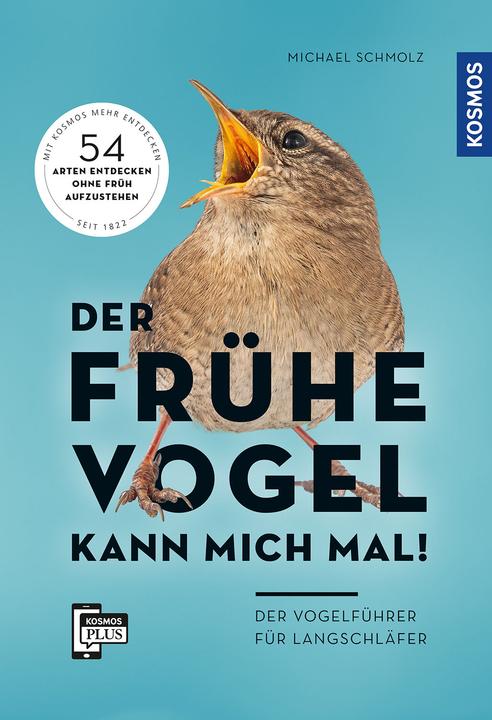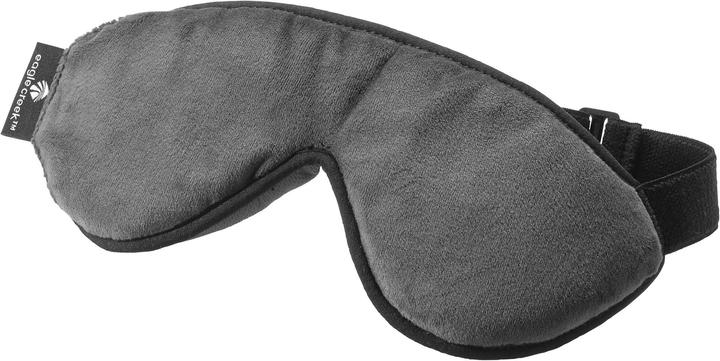
Kosmos Der frühe Vogel kann mich mal - der Vogelführer für Langschläfer
German, Michael Schmolz, 2022

Pennsuse, morning grouch, dozy: late risers have many nicknames - and none of them are flattering. But they're not lazy, they're just productive later. An ode to all those who work flat out in the evening.
As a late riser, I'm finding them increasingly tiresome: the endless comments from people who have already written half a book, hung up the washing and completed two jogging laps in the morning.
Early risers love to show late risers how active, productive and innovative they are in the morning. That as early birds - or larks - they catch the worm. What they fail to mention is that in the evening, when owls catch the fat mice, they plop back into the nest.
And this brings us to the central difference between early risers and late sleepers: they have a different - mainly genetically determined - sleep-wake rhythm. Late risers don't sleep longer, but at a different time. Only short sleepers (around one per cent of the population) can get by on less than six hours' sleep. So being awake and alert in the morning is no more a special achievement than flapping around late at night. It is simply a biological disposition.
"But late risers are less healthy and less successful," I can already hear the larks warbling shrilly from the trees. Yes, that's true. According to recent studies, late risers have a higher risk of cardiovascular disease and fewer career opportunities. However, this is also due to the fact that the economy and everyday working life in our part of the world are geared towards early risers. If late risers were not forced into the corset of early risers, they would live much healthier lives.

Imagine the reverse case. A lark has just closed its eyes in the evening. The alarm clock wakes her from her dreams at 11 pm. She sleepily struggles to the bathroom. The owl is there and howls: "Oooh, you're already in bed? The day is still young. I've just emptied the dishwasher, taken part in a Pilates class and mopped the floor. Get a move on already!"
Unrealistic? Only in one respect: the owls I know don't constantly hold their achievements up to the sleepy eyes of the morning birds. They work unnoticed and peacefully for themselves. In the quiet, dark hours, when nobody disturbs them. And so their achievements often remain hidden.
Ruff ruffling each other's feathers ultimately achieves nothing. It would be better to organise our working hours - where possible - even more according to individual sleep-wake rhythms. That would also mean less traffic jams, commuter chaos and shorter queues at the shops.
It is an unspeakable bad habit to praise the weird working birds who are the first to sit on the stalk and the last to take off. We should honour those who value enough sleep, breaks and healthy boundaries. Because one thing is just as true for night birds as it is for morning birds: with weakened wings, they can flap for as long as they like. They won't get off the ground - and sooner or later they will fall off the branch.
Are you an early riser or a late riser? Write it in the comments.

Kosmos Der frühe Vogel kann mich mal - der Vogelführer für Langschläfer
German, Michael Schmolz, 2022


I love anything with four legs or roots - especially my shelter cats Jasper and Joy and my collection of succulents. My favourite things to do are stalking around with police dogs and cat coiffeurs on reportages or letting sensitive stories flourish in garden brockis and Japanese gardens.
This is a subjective opinion of the editorial team. It doesn't necessarily reflect the position of the company.
Show all